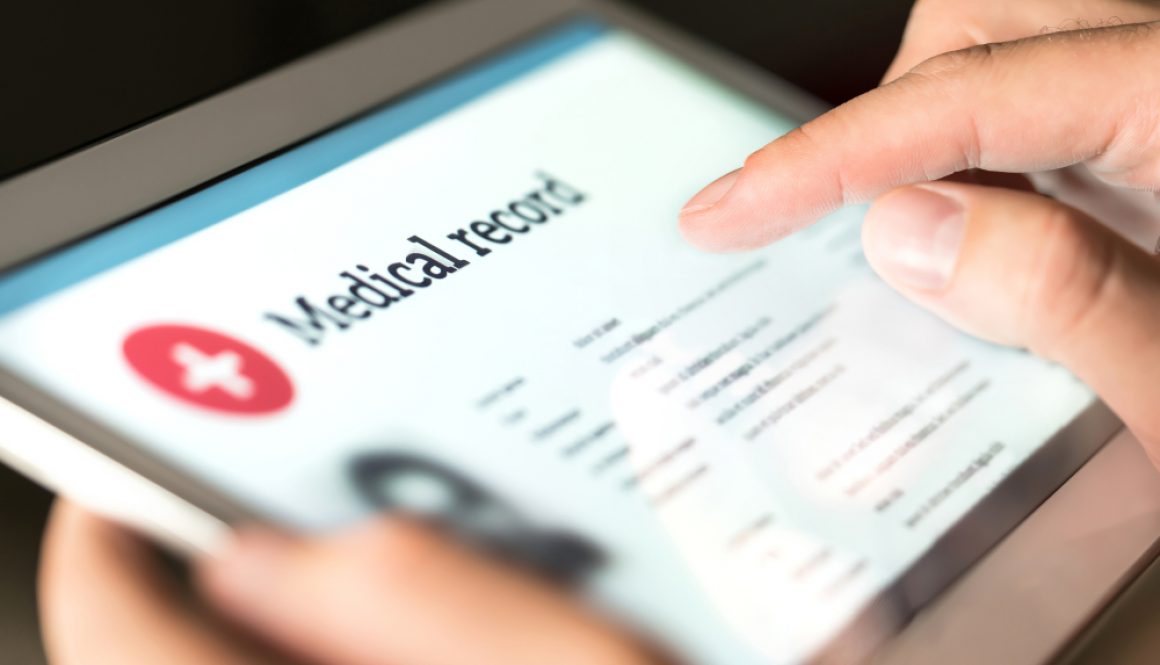The Role of the Patient Portal
Now more than ever before, hospitals and health care organizations alike are adopting patient portal applications. These electronic health record management tools allow patients to see their health data including lab results, discharge summaries, immunization history, and radiology reports, in real time. Although all portals are not the same, it’s important to note that simply having a portal alone can increase patient satisfaction and engagement.
Perhaps one of the most beneficial things patients find when using a portal is the opportunity to communicate with their provider(s) when they have a concern or question. Generally, patients who reach out to their physician through a patient portal and receive a response feel a deeper connection and sense of trust in their ongoing relationship. However, if a health care practitioner does not respond to a patient’s messages or takes an extremely long time to provide a follow-up, then the messaging feature of a patient portal can bring on frustration rather than satisfaction.
Patient portals can be helpful when managing an extensive case, especially when a patient has multiple providers within the same practice or organization. As a one-stop hub for all of a patient’s records, an electronic health portal can be a real time saver for physicians who need to see results and records quickly, without having to wait for a colleague to send them over by means of a hard-copy. Additionally, when patients have the opportunity to get a head start on looking over their medical records, they often feel a sense of preparedness prior to their follow-up appointments, which can also make interactions with their providers smoother and more fulfilling.
What’s more, patients are more likely to follow doctors’ orders and suggestions while utilizing a patient portal. In a past Geisinger study, nearly 80 percent of patients who were taking an antihypertensive medicine and had access to their records were following their doctor’s orders for taking prescriptions, compared to 75.3 percent of patients on the same medications who did not view their medical data online.
For those patients who don’t have access to a computer or are uncomfortable using technology, providers may have a more difficult time relaying critical information and results. Because of this, backlogs in callbacks and follow up visits can be an issue. To help combat this, it’s important to be an advocate for your patients and encourage them to find comfort or the proper resources to take charge of their health by setting up and engaging with their portals (if applicable).
Providers enjoy using an electronic health record since it helps them educate their patients and keep their processes streamlined. A common hiccup though is that it can be time consuming and challenging to keep up with the influx of messages as well as transcribing patient visits electronically. What practitioners have found useful is to take at least one half-day per week (sometimes more) to catch up on requests and updates within their patients’ portals, aside from their normal office hours.
One of the most crucial things to mention to patients is that electronic health records via hospitals and doctors’ offices are secure, and information should not be shared with anyone outside of a patient’s medical team or designated family member(s). There are multiple platforms that health care organizations use for their patient portals. As an example, one of Advanced Care Hospitalists’ preferred partners is Lakeland Regional Health. The Lakeland Regional Health Physician Group recently adopted Epic MyChart across its physician offices. Because of its success with the utilization of technology, Lakeland Regional Health earned its spot as a 2021 College of Healthcare Information Management Executives Digital Health Most Wired Hospital and Health Systems. We are proud to see health care organizations like Lakeland Regional Health employ successful programs that provide examples of effective support to both patients and providers.
If you have not adopted an online patient portal, we encourage you to look at options to begin a journey towards improved experiences for both patients and providers. For more information about the EHR programs our hospitals and medical groups employ, contact us today!
Learn More About Advanced Care Hospitalists (ACH)
ACH is a Lakeland-based hospitalist group providing comprehensive patient care in community hospitals across Central Florida. Our providers are highly skilled, board-certified internal medicine specialists who are available around-the-clock to meet the care needs of patients from hospital admission through discharge. Post-discharge from the hospital, we continue overseeing patient care for 30 days.
We’ve found that continued care coordination ensures more accurate medication reconciliation, improved compliance with discharge plans, better scheduling of follow-up visits, and fewer hospital readmissions. Our providers do everything in their power to make sure our patients receive the compassionate and comprehensive care they need to promote healing and prevent a second hospital admission.
For more information about our services and our practice, please contact Advanced Care Hospitalists at 863-816-5884 or fill out a contact form online.

